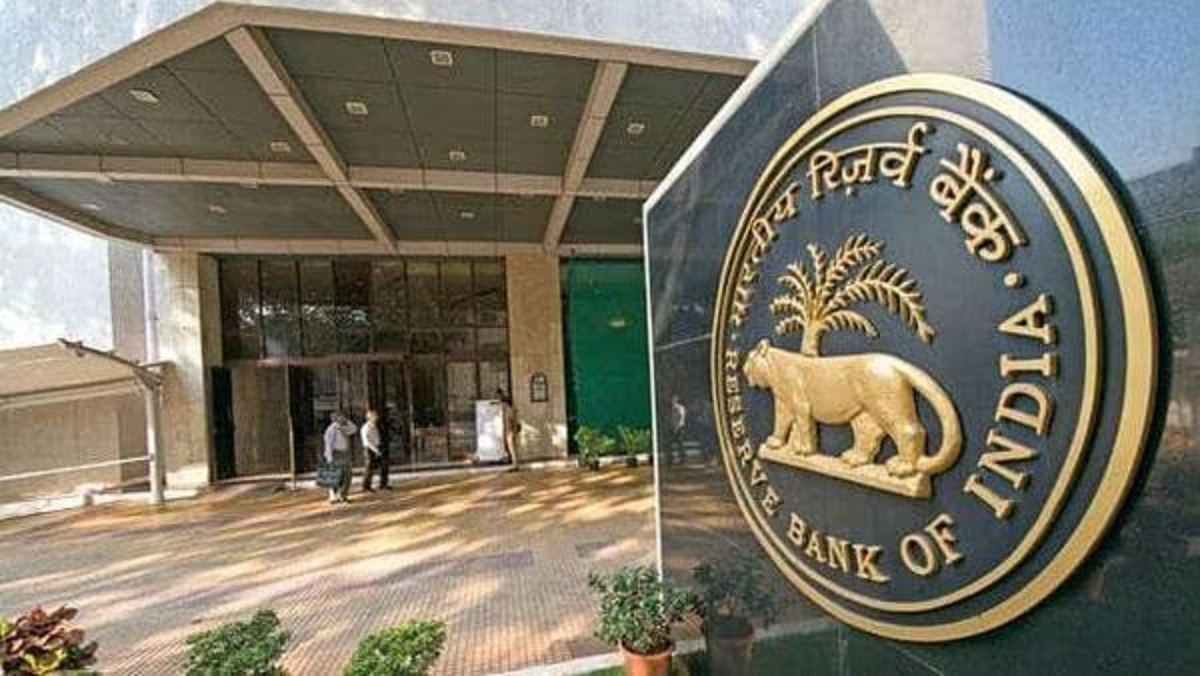Bureaucracy, as advocated by Max Weber, emphasizes rationality and adherence to rules and regulations in public administration. However, in the context of developing countries like India, where socio-economic challenges require empathy and ethical values, the Weberian model needs to be complemented with a focus on compassion, equity, and integrity. This article explores the importance of balancing bureaucratic morality with ethical values to achieve rapid socio-economic progress while avoiding ethical erosion and misuse of power.
Table of Contents
Rationality of Bureaucracy
Max Weber’s vision of bureaucracy as a rational system, guided by rules and standard operating procedures, has its merits. In developed countries like France and Germany, where institutions are well-established, this model has proved effective in maintaining administrative efficiency. By prioritizing rationality, bureaucracy can avoid subjective decision-making and ensure fairness and transparency in public administration.
Limitations of Pure Rationality
However, when applying the Weberian model in developing countries, such as India, it becomes evident that strict adherence to rationality alone may not address the complex socio-economic challenges. The prevalence of poverty, malnutrition, caste inequality, and other vulnerable sections of society demands a more nuanced approach.
Need for Ethical Values in Administration
In India’s context, the bureaucratic approach must include ethical values like empathy, equity, compassion, integrity, non-partisanship, and impartiality. These values are vital for creating inclusive policies that uplift the marginalized and empower the disadvantaged. A rigid bureaucratic system may overlook the plight of those without proper documentation or neglect the needs of vulnerable groups.
Role of Development Bureaucracy
To address these issues, the concept of “Development Bureaucracy” gains significance. This model combines bureaucratic efficiency with a focus on welfare and development. It acknowledges the importance of positive discrimination and special provisions to uplift marginalized sections of society.
Ensuring Responsible Use of Discretion
While ethical values are essential, there should be clear guidelines to ensure that bureaucrats exercise their discretion responsibly. Checks and balances must be in place to prevent the misuse of power and conflicts of interest. Bureaucrats must be held accountable for their actions, fostering a culture of integrity and commitment to public service.
Complementary Role of Civil Society
Although bureaucracy plays a crucial role in implementing welfare and developmental programs, it is essential to recognize the contribution of civil society organizations and people’s initiatives. These entities can supplement bureaucratic efforts by providing grassroots-level insights and enhancing the effectiveness of public policies.
Adapting to Changing Norms
The bureaucratic system must evolve and adapt to changing norms of neutrality, good governance, New Public Management (NPM), and public service. Embracing these principles will enable bureaucrats to effectively address emerging challenges and meet the expectations of a dynamic society.
Conclusion
In conclusion, bureaucracy remains the backbone of the Indian administrative system, and its relevance persists even today. However, for developing countries like India, the Weberian model needs to be complemented with ethical values, empathy, and inclusivity. A balance between rationality and ethicality will facilitate rapid socio-economic progress, promote good governance, and ensure that bureaucracy continues to serve the interests of the people effectively. By combining efficiency with compassion, the bureaucracy can truly become a driving force for positive change in society.



